Optimal Seasons for Land Clearing
Land clearing is a crucial step in preparing land for development, agriculture, or construction projects. Timing can significantly impact the efficiency and safety of the process. Understanding seasonal and environmental factors helps determine the optimal period for land clearing activities.
Spring often provides favorable conditions due to moderate temperatures and dry soil, making equipment operation easier and reducing soil compaction.
Summer can be suitable when soil moisture levels are lower, but high temperatures may pose challenges for equipment and personnel safety.
Fall offers cooler weather and often drier soil, which can facilitate efficient land clearing before winter sets in.
Winter is generally less ideal due to frozen ground and increased safety risks, but in milder climates, it may be feasible during brief periods.
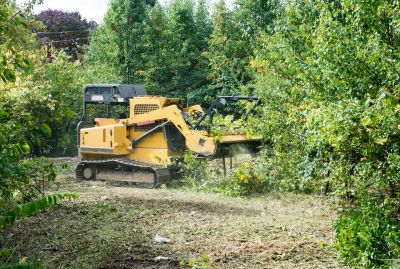
Equipment operating in spring with moderate soil conditions.
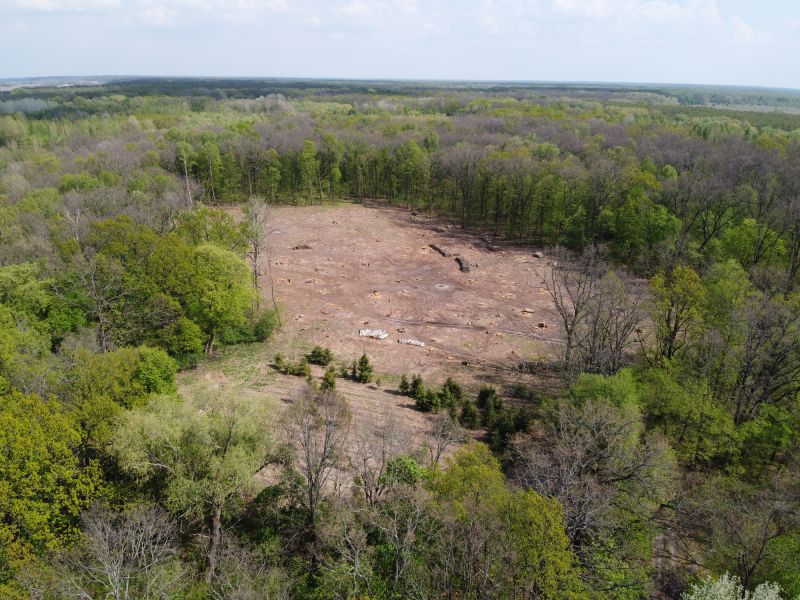
Land clearing activities during warm summer months.
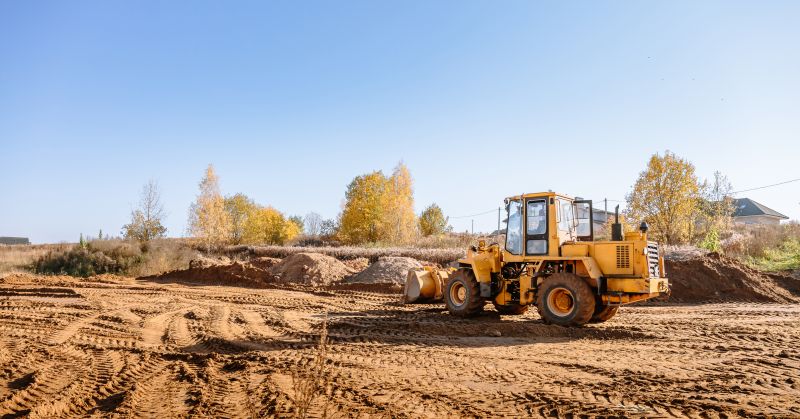
Preparation of land in autumn before winter.
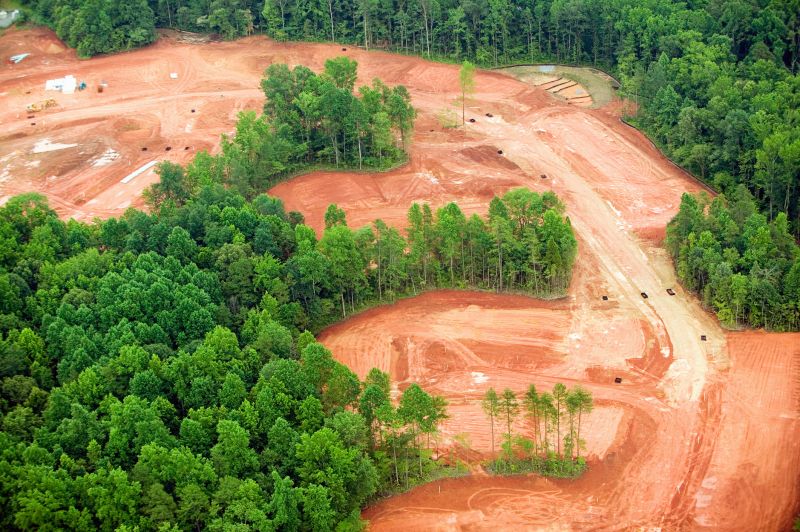
Ways to make Land Clearings work in tight or awkward layouts.
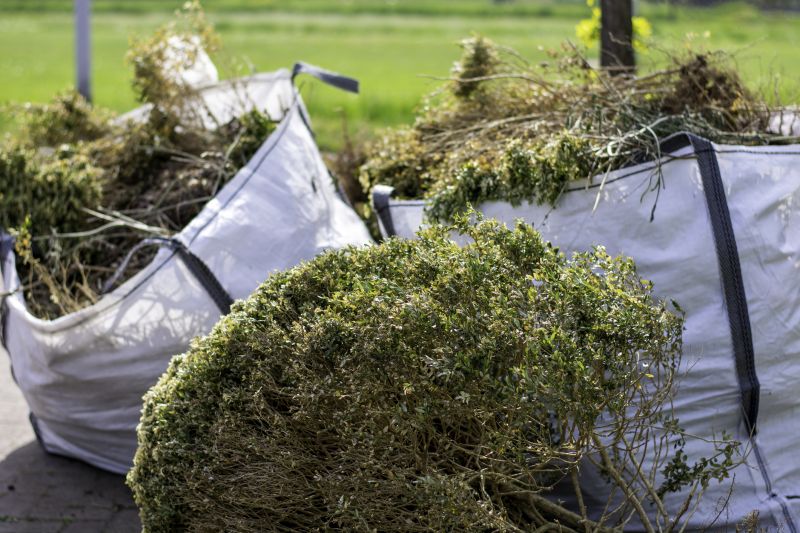
Popular materials for Land Clearings and why they hold up over time.
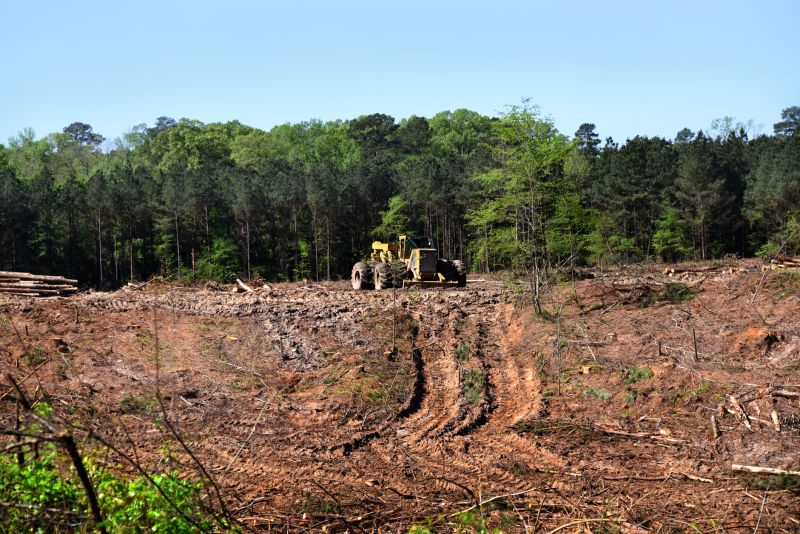
Simple add-ons that improve Land Clearings without blowing the budget.
| Season | Optimal Conditions |
|---|---|
| Spring | Moderate temperatures, dry soil, good for equipment operation. |
| Summer | Low soil moisture, higher temperatures, requires safety precautions. |
| Fall | Cooler weather, dry soil, ideal for pre-winter clearing. |
| Winter | Frozen ground, limited feasibility, safety concerns. |
Land clearing involves removing trees, brush, and debris to prepare land for development or agricultural use. Proper timing ensures minimal soil disturbance, reduces equipment wear, and enhances safety. Seasonal considerations are vital to optimize productivity and reduce costs. For example, clearing during dry seasons minimizes soil erosion and compaction, which can impact future land use.
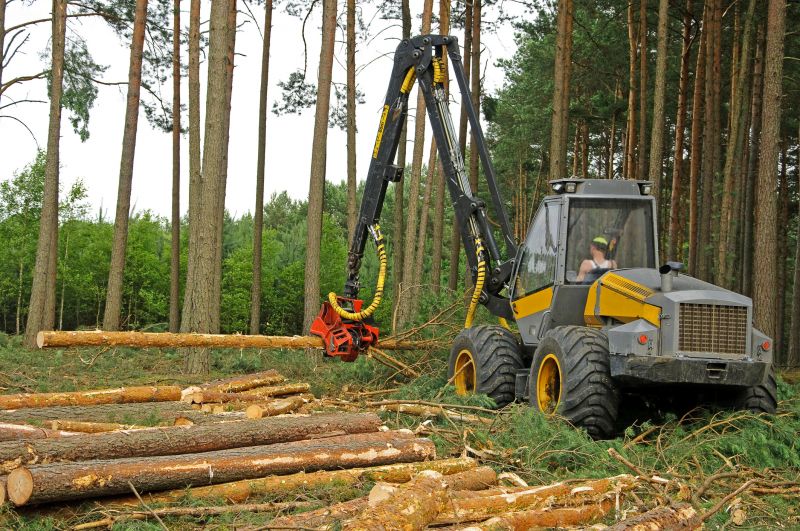
Heavy machinery working on land removal.
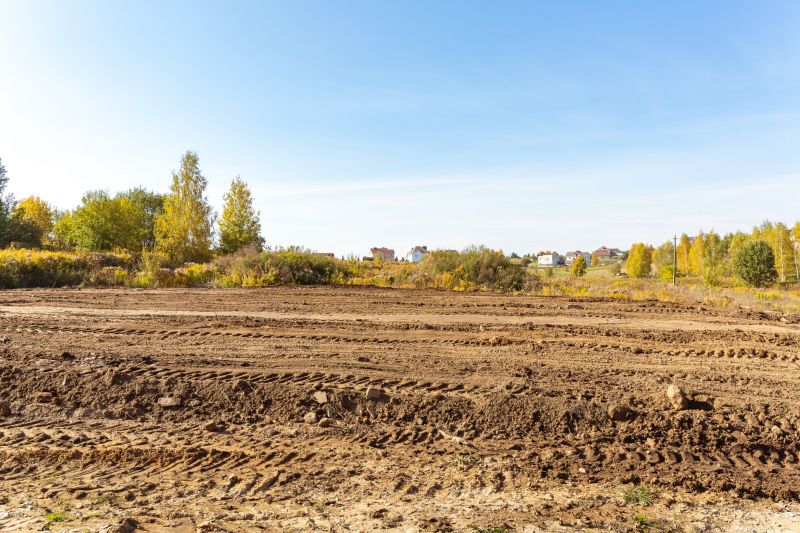
Removing vegetation to prepare the land.
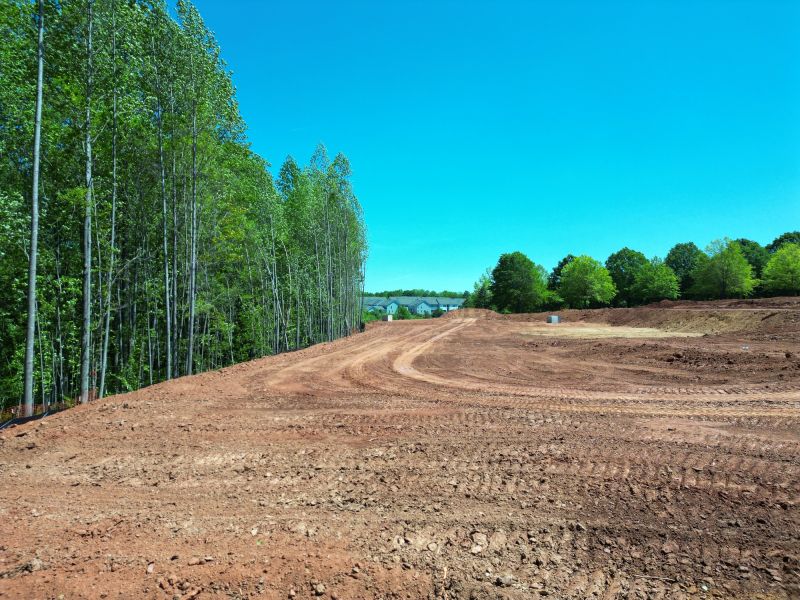
Preparing land for construction or planting.
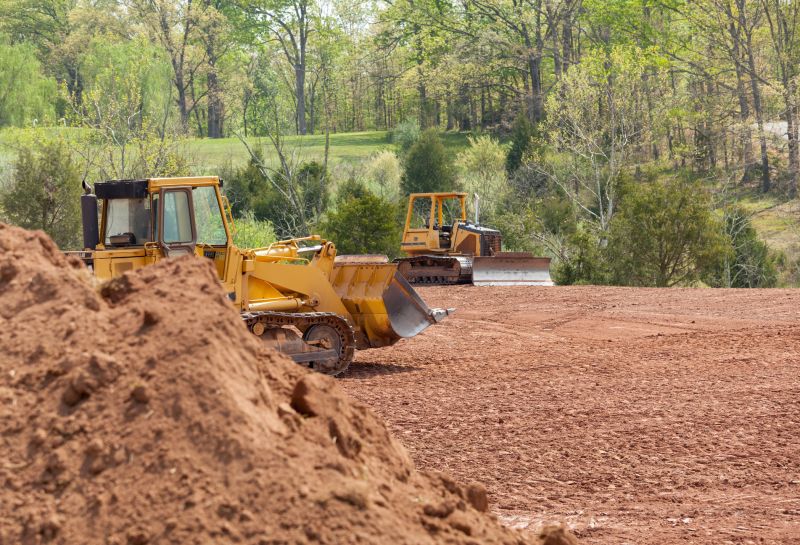
Active land clearing operation.

High-end options that actually feel worth it for Land Clearings.

Finishes and colors that play nicely with Land Clearings.
Choosing the right time for land clearing depends on project requirements, local climate, and soil conditions. Consulting with land management professionals can help identify the most suitable period to ensure efficient and safe operations. Proper planning minimizes environmental impact and supports successful land development.
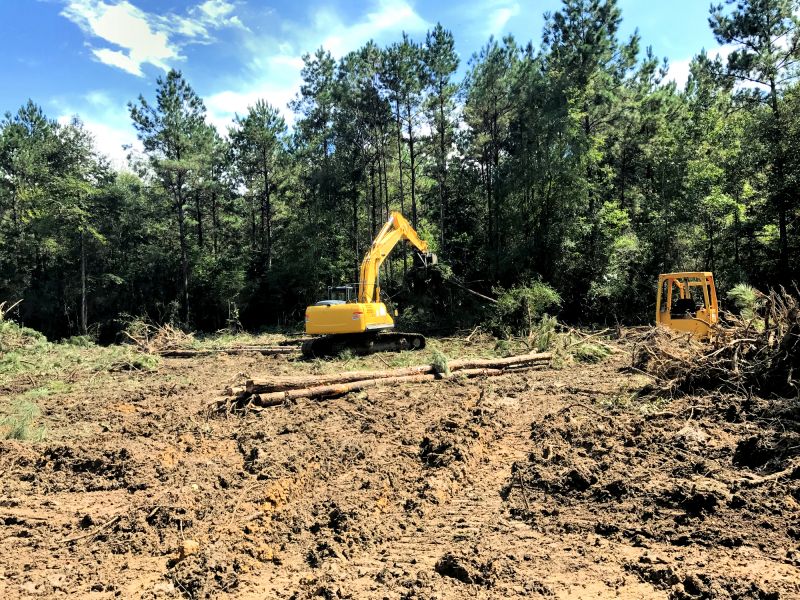
Heavy machinery ready for land removal.
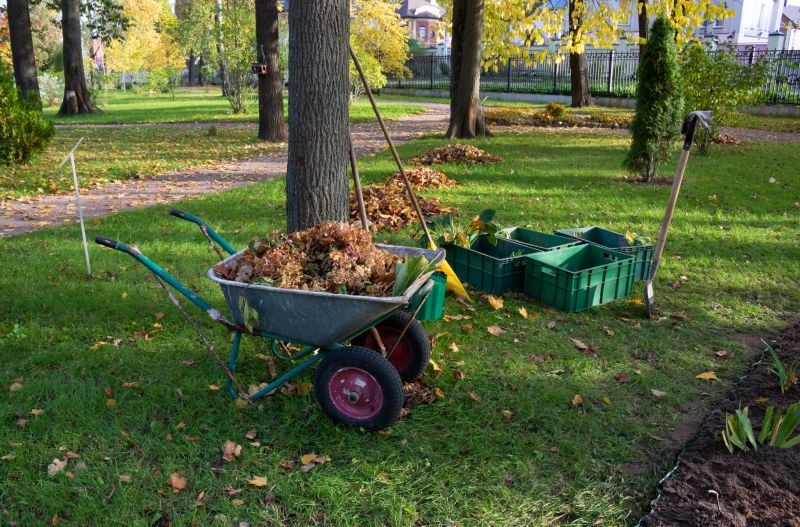
Removing trees and brush efficiently.
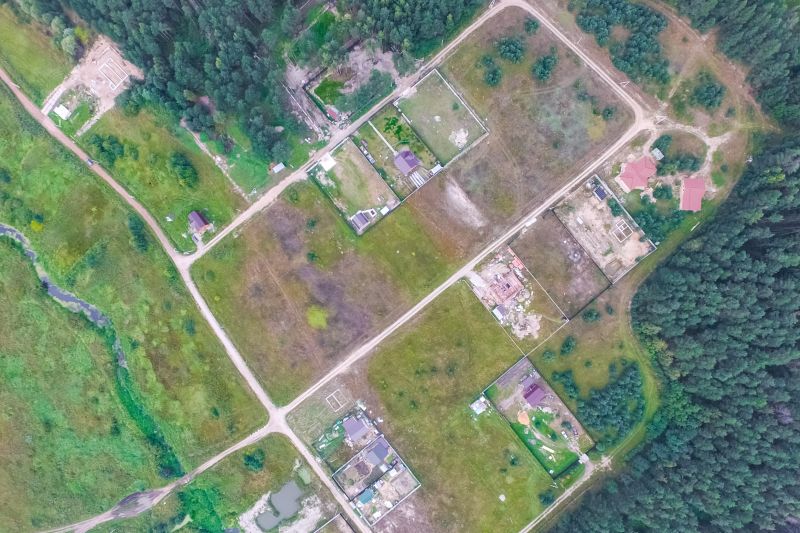
Land ready for development.

Little measurements that prevent headaches on Land Clearings day.

A 60-second routine that keeps Land Clearings looking new.
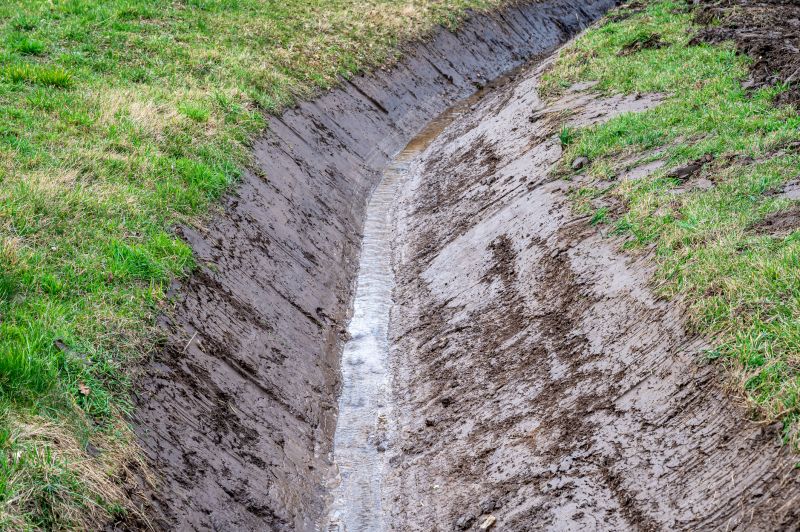
A frequent mistake in Land Clearings and how to dodge it.
Interested parties can contact for further information or to schedule land clearing services. Proper timing, planning, and execution are essential to achieving project goals efficiently and safely.
